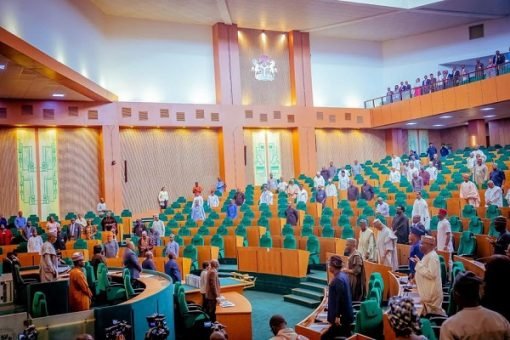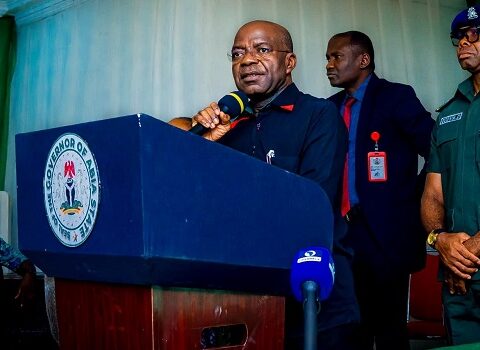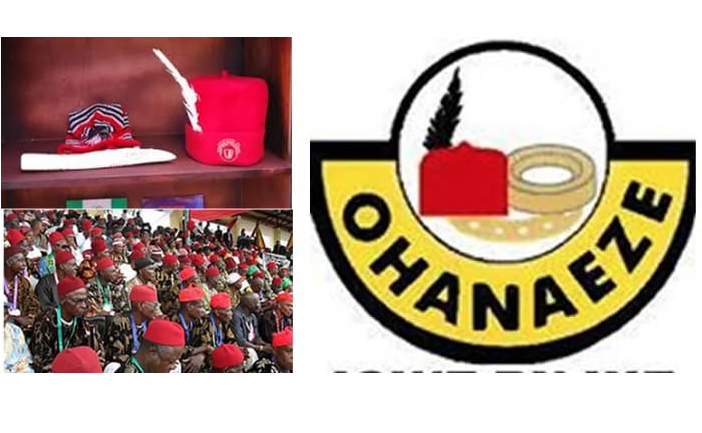The House of Representatives has proposed a groundbreaking reform through the Electoral Act 2025, enabling the Independent National Electoral Commission (INEC) to conduct all five major elections: presidential, senatorial, House of Representatives, governorship, and state House of Assembly, on a single day in 2027.
The bill, sponsored by Hon. Bayo Balogun, Chairman of the House Committee on Electoral Matters, passed its second reading on July 24, 2025, aiming to replace the Electoral Act No 13 of 2022. Key provisions include a N50 million registration fee for new political parties, campaign spending caps of N10 billion for presidential candidates and N3 billion for governorship candidates, and special voting days for security personnel, INEC officials, and journalists.
The reform seeks to streamline Nigeria’s electoral process by reducing costs and voter fatigue, mandating elections between 210 and 30 days before an officeholder’s term ends and resolving election petitions within 90 days. It also allows parties to nominate replacements for lawmakers who resign or die within 60 days, minimizing by-elections.
To enhance accountability, the bill imposes penalties of up to N10 million for baseless legal challenges and bars political appointees from serving as delegates in party conventions. The Nigerian Bar Association’s Electoral Reform Committee, led by Dr. Monday Onyekachi Ubani, SAN, has supported these changes, urging INEC accountability for procedural violations. If passed, this act could transform Nigeria’s electoral landscape, though logistical and security challenges remain a concern.



























